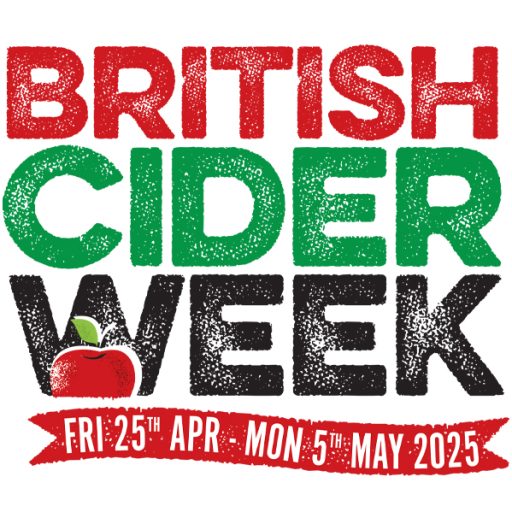
British Cider Week is brought to you by a collaboration of cider-makers, retailers and venues from across the United Kingdom.
Join us to celebrate the depth and diversity of British cider. The week will feature events from a wide range of producers, from new young startups to traditional producers with generations of heritage. There will be activity across the country; from the cider heartlands of the West Country, to the apple gardens of Kent, from country orchards to urban cider works.
View the events happening during British Cider Week
For more information contact info@britishciderweek.org.uk.
If you are UK cider-maker or cider retailer, you may submit your event here.
Cider is an alcoholic drink: the product of fermented apple juice. With hundreds of different cider apple varieties available to the cider maker there is an almost limitless potential to produce drinks of different styles. There is evidence that cider has been made in Britain since around 1000bc. The Romans brought their domestic apple varieties and orchard techniques. Later the Normans brought over superior, high tannin cider apples, improved orcharding and advanced pressing technology
Cider can be made from any type of apple. In the South East of England, ciders have historically been made with eating apples, as these were grown locally for the London table market.
Traditional, West Country style ciders, however, are made from specific varieties of apple that have been grown for centuries solely for the purpose of making cider. There are literally hundreds of cider apple varieties with a range of wonderful and evocative names
Cider apples are optimally harvested when ripe to ensure all sugars are available for fermentation and that the full spectrum of flavours are available. When apples arrive from the orchards, they will be graded, washed and sorted. They are then milled and pressed to maximise juice extraction. The naturally sugar-rich apple juice is placed into fermentation vessels. The action of wild, or cultured and introduced yeasts, will convert all of the sugar present in the juice into alcohol. When fermentation has finished, this ‘young’ cider is allowed time to sit and develop its range of complex flavours and aromas; a process taking anywhere from a few weeks to many months. Some traditional ciders are drunk hazy or cloudy, but the majority of products will be filtered to remove any yeast sediment, leaving a bright cider. Key to cider’s appeal is its incredible diversity – there is a drink for every occasion.

